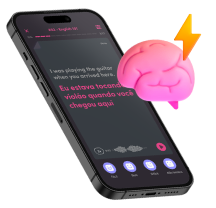Descubra a diferença de “stop to” e “stop + ing”

Hello, everyone! How are you doing? Welcome to another episode of Walk ‘n’ Talk Level Up!
Neste episódio, ouvimos duas irmãs conversando seriamente no caminho para a escola. Uma delas está preocupada com a possibilidade de o portão ter ficado aberto e o cachorro da família escapar. A outra não parece muito preocupada… pelo menos até perceber que a situação pode ser mais séria do que pensava.
É uma conversa leve e divertida, cheia de expressões idiomáticas, estruturas gramaticais úteis e frases perfeitas para o dia a dia. Lembre-se de repetir todas as frases em voz alta com a teacher Liv para treinar sua pronúncia.
Let’s go!
Dialogue
Lully: Iza, call mom right away.
(Iza, liga pra mamãe agora.)
Iza: What’s wrong? I think she’s still asleep.
(O que foi? Acho que ela ainda está dormindo.)
Lully: I don’t remember closing the front gate. Bob might run away!
(Não lembro de ter fechado o portão da frente. O Bob pode fugir!)
Iza: Is that all? I’ll text her, and she’ll check it later.
(É só isso? Vou mandar uma mensagem, ela vê depois.)
Lully: How come? Aren’t you afraid of our dog flying the coop?
(Como assim? Você não tem medo de o nosso cachorro fugir?)
Iza: Should I? He literally sleeps like a dog, you know. It’s no big deal.
(Deveria? Ele literalmente dorme como uma pedra, sabe. Não é nada demais.)
Lully: Imma stop to hit mom. I can’t stop thinking of Bob at all.
(Vou parar pra ligar pra mamãe. Não consigo parar de pensar no Bob.)
Iza: Oh, never mind! I’m calling her.
(Ah, deixa pra lá! Eu vou ligar.)
Vocabulary Expansion
| Expressão / Palavra | Tradução / Explicação | Exemplo em inglês | Tradução |
|---|---|---|---|
| Remember + ING | Lembrar de ter feito algo (memória de uma ação passada) | I remember locking the door. | Lembro de ter trancado a porta. |
| Remember + TO | Lembrar de fazer algo (lembrete de uma tarefa) | Remember to feed the dog. | Lembre-se de alimentar o cachorro. |
| Fly the coop | Fugir, escapar ou sair de casa (idiomática, informal) | I’m afraid Bob might fly the coop. | Tenho medo de o Bob fugir. |
| Stop + TO + verbo | Parar para fazer algo | I stopped to drink some water. | Parei para beber um pouco de água. |
| Stop + verbo com ING | Parar de fazer algo | I stopped drinking coffee at night. | Parei de tomar café à noite. |
| How come? | Como assim? / Por quê? (informal) | How come you didn’t call her? | Como assim você não ligou pra ela? |
| No big deal | Nada demais / tranquilo / sem importância | Don’t worry, it’s no big deal. | Não se preocupe, não é nada demais. |
| Imma | Forma informal e reduzida de “I’m going to” | Imma call her. | Eu vou ligar pra ela. |
Exercícios para praticar
1️⃣ Traduza as frases abaixo para o inglês:
a) Eu não lembro de ter fechado o portão.
b) Parei para respirar.
c) Ele precisa parar de reclamar.
2️⃣ Complete as frases com o vocabulário aprendido:
-
I don’t ______ locking the door.
-
How ______ you forget the groceries?
-
I stopped ______ check my phone.
-
She stopped ______ so much sugar.
-
Our cat flew the ______ last year.
3️⃣ Crie uma frase usando “remember + ING” e outra com “stop to”.
(Resposta livre)
Respostas
1️⃣
a) I don’t remember closing the gate.
b) I stopped to catch my breath.
c) He needs to stop complaining.
2️⃣
-
I don’t remember locking the door.
-
How come you forget the groceries?
-
I stopped to check my phone.
-
She stopped eating so much sugar.
-
Our cat flew the coop last year.
3️⃣
(Resposta livre)
Essa conversa é ótima para treinar estruturas com “remember” e “stop”, que podem confundir no início, mas são super úteis no inglês do dia a dia. Aproveite para escutar o episódio mais uma vez e repetir as frases com calma. A prática constante vai te deixar cada vez mais seguro(a).
Gostou do episódio? Continue sua jornada no idioma e confira nosso curso de inglês completo para se aprofundar ainda mais! 📚
Bye bye!
Fluency Inglês
Playlist





















































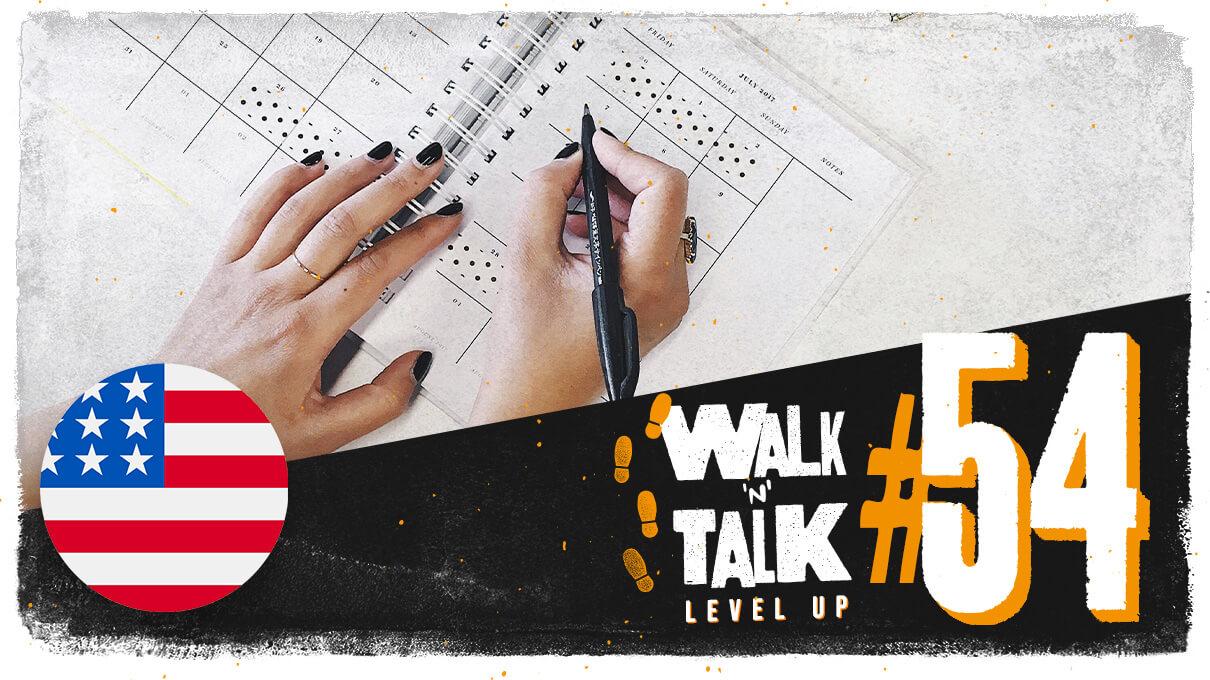





































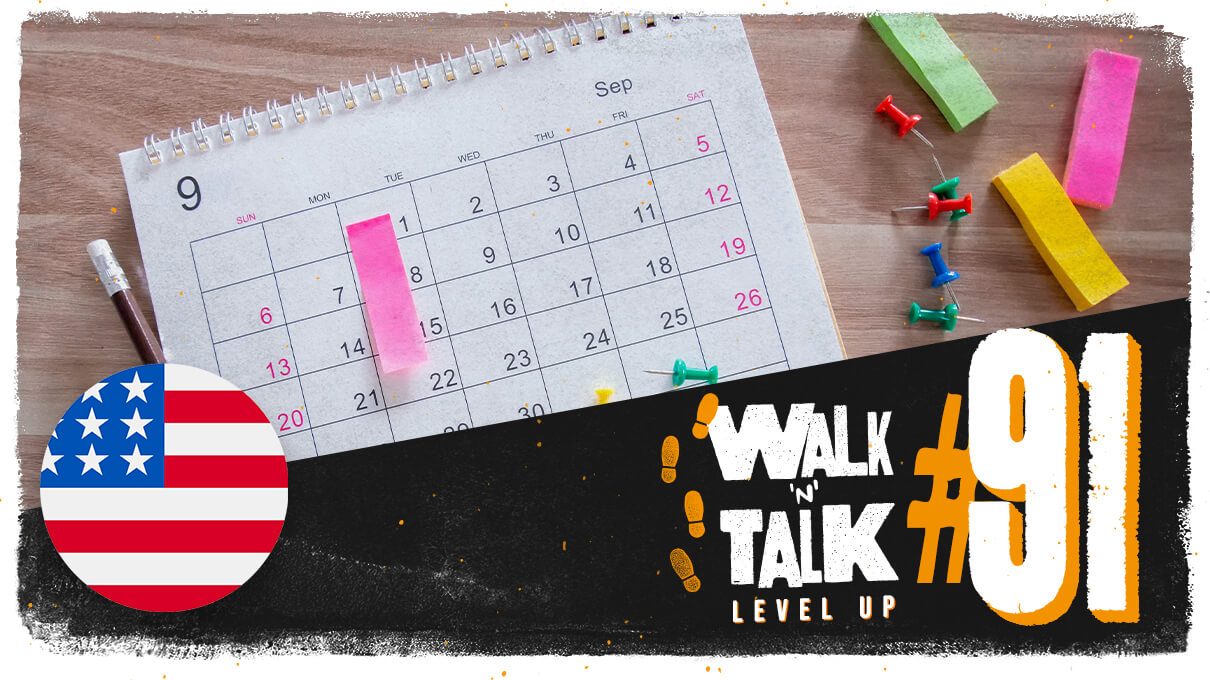


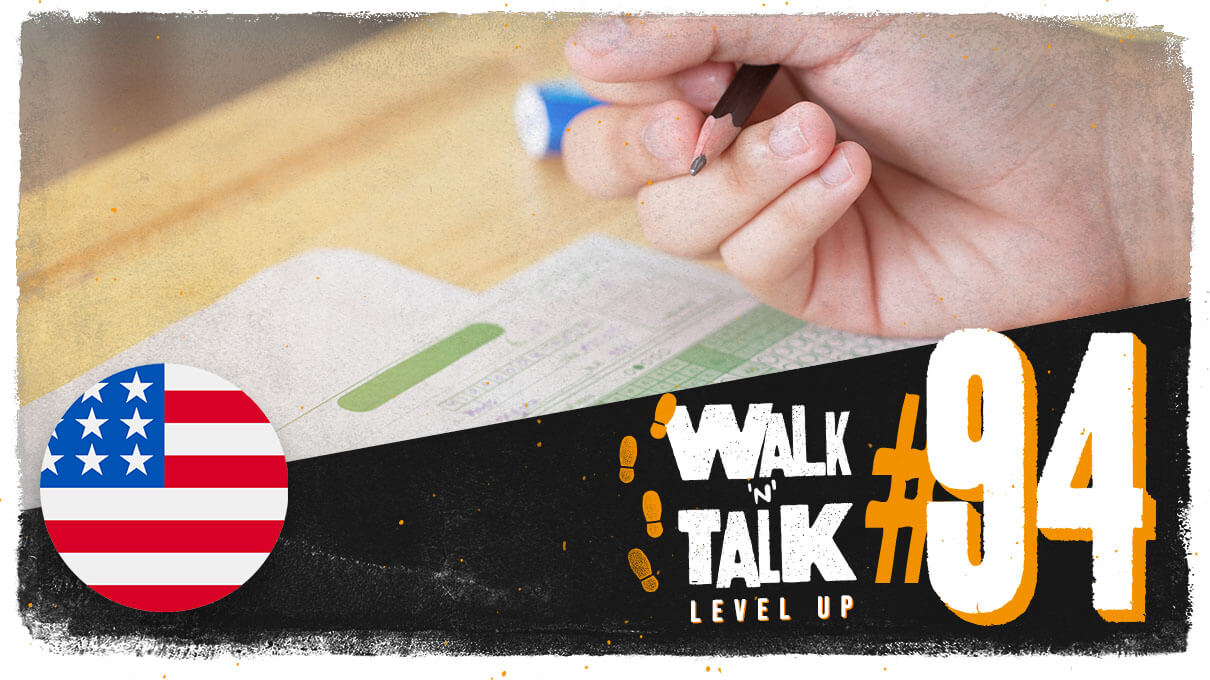



























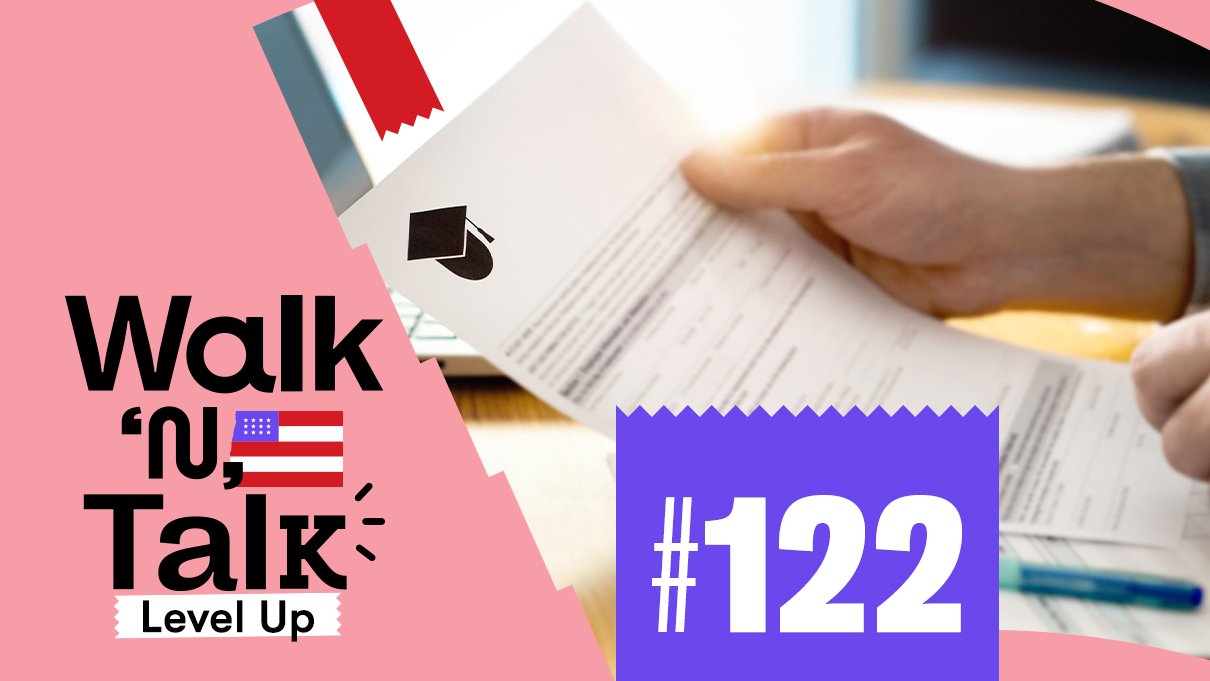





 Curso de Inglês
Curso de Inglês
 Curso de Espanhol
Curso de Espanhol
 Curso de Francês
Curso de Francês
 Curso de Mandarim
Curso de Mandarim
 Curso de Italiano
Curso de Italiano
 Curso de Japonês
Curso de Japonês
 Curso de Alemão
Curso de Alemão
 Curso de Coreano
Curso de Coreano







 Blog
Blog  Podcast
Podcast  Lives
Lives  Aulas
Aulas  eBooks
eBooks  Minicursos
Minicursos





